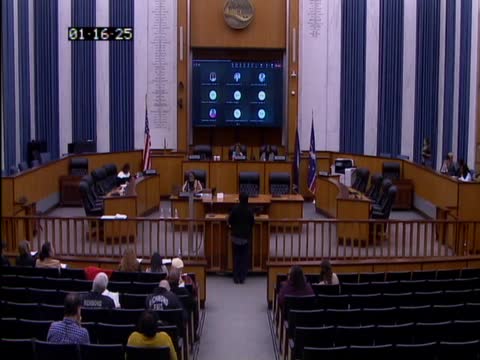Article not found
This article is no longer available. But don't worry—we've gathered other articles that discuss the same topic.
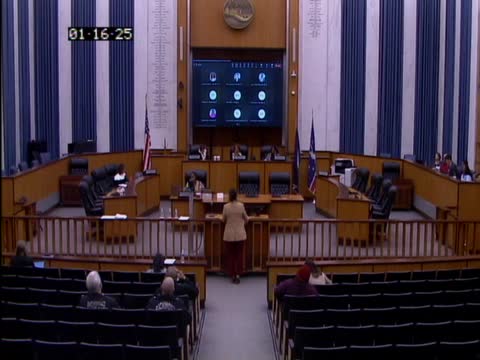
City offers 10-day grace period for taxes, utilities and fines after emergency-related closures
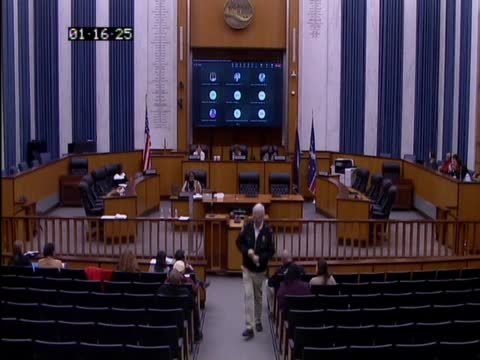
Committee backs performance grant to support 400-unit affordable housing development at 2811 Ratty Street
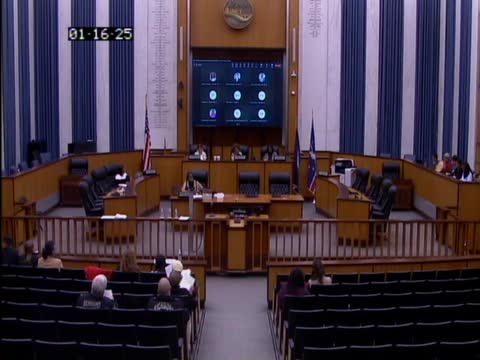
Committee approves forwarding purchase and lease plan for six ambulance 'chase' vehicles
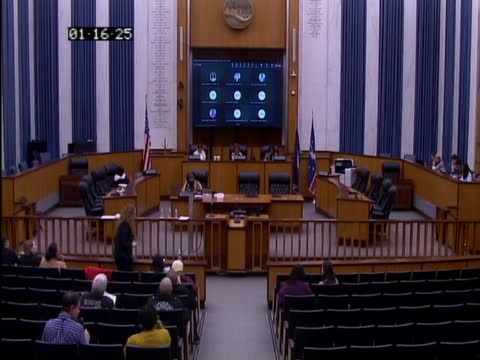
Committee backs $262,500 DOE grant for energy audits and efficiency upgrades in workforce housing
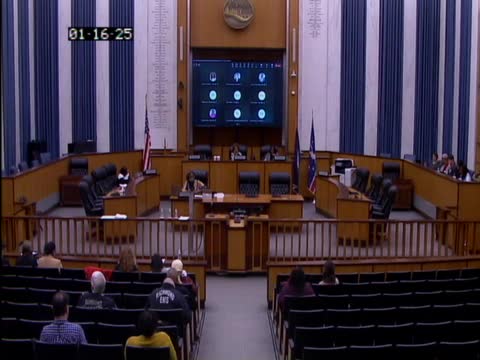
Committee recommends VRA grant and low-interest loan to accelerate lead service line replacement
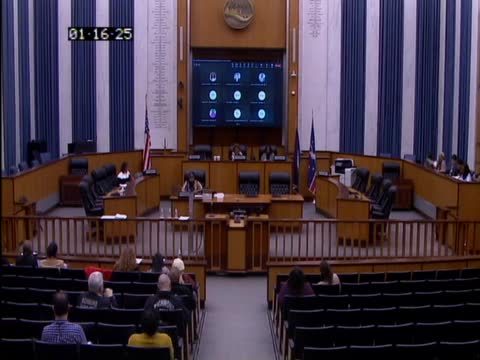
Committee forwards $1.8 million in opioid settlement funds for abatement and remediation strategies
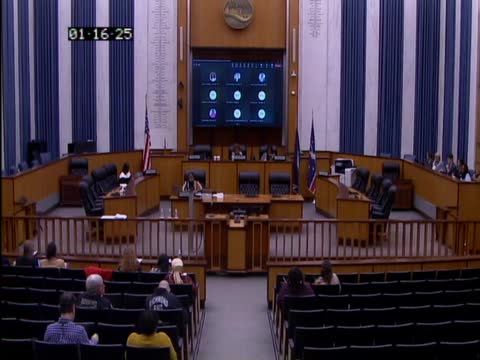
Committee backs $500,000 line item for right-to-counsel eviction program, recommends Central Virginia Legal Aid Society
